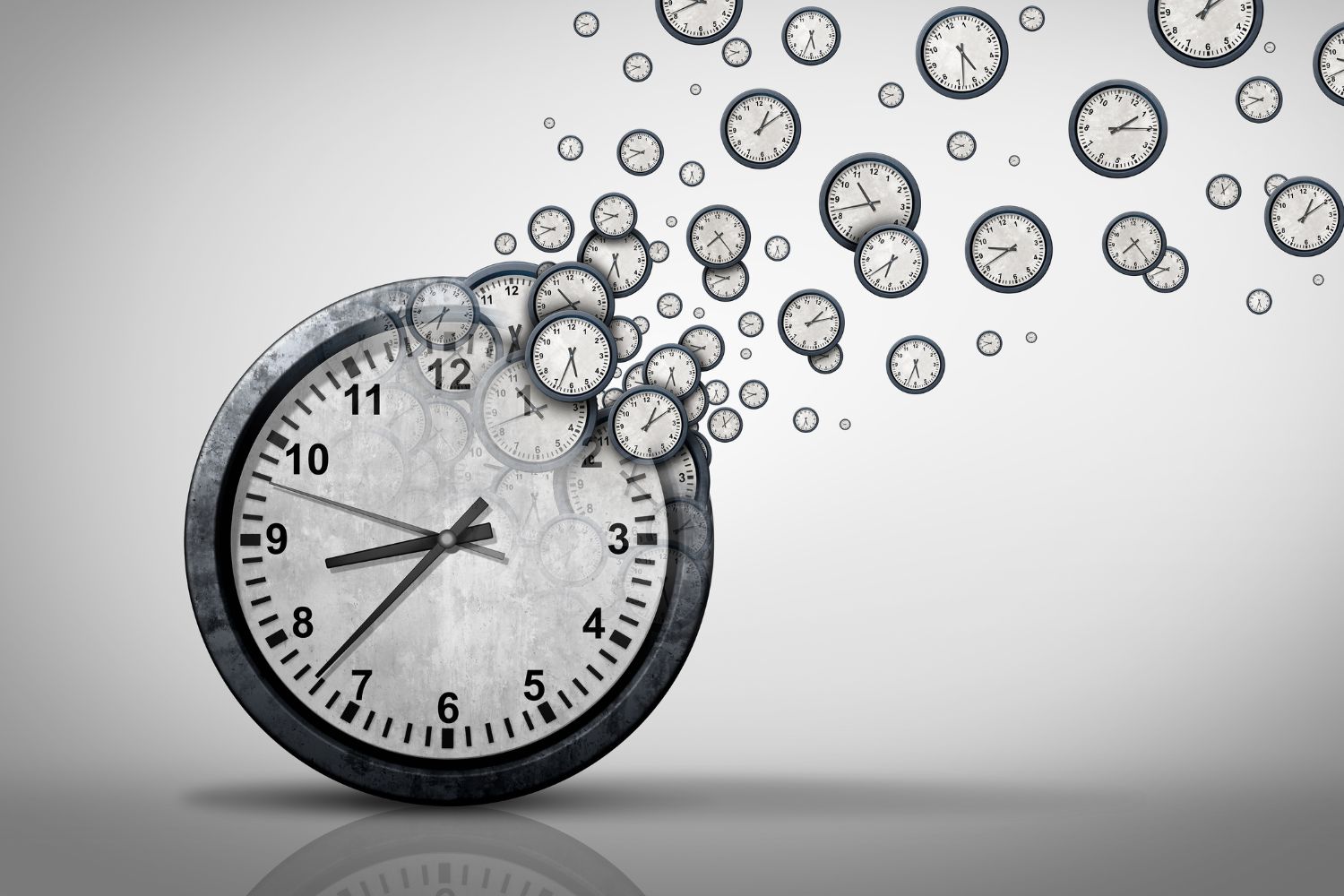The Power of Persuasion
The Power of Persuasion employs language, storytelling, and effective communication to engage audiences and influence decision-making.
Unveiling the Art and Science: The Power of Persuasion
This ancient technique of persuasion spans cultures and time. Persuasion effects our relationships and decisions, whether it’s encouraging a buddy to try a new restaurant, negotiating a commercial transaction, or promoting social change. We’ll examine persuasion’s sophisticated craft and the psychological underpinnings that make it so successful in this blog.
Art of Persuasion:
Persuasion is art. To change attitudes and behavior, it requires good language, emotional appeal, and strategic communication. Consider the charismatic leader who can capture a crowd with a powerful speech or the great storyteller who can transport listeners. These experts use eloquence, narrative, and charm to captivate their audience.
Rhetoric: Persuasion Language
From ancient times, rhetoric—effective or persuasive speech or writing—has been studied and practiced. From Aristotle’s three forms of persuasion (ethos, pathos, and logos) to current marketing, words may alter ideas and decisions. By using rhetorical strategies, captivating storytelling, and careful word choice, one may persuade the intended audience.
The Emotional Connection of Stories
People are naturally drawn to stories. Through myths, fables, and stories, storytelling has always been a key form of communication. Persuasion typically uses emotional storytelling to get the point across. A convincing tale may captivate listeners with sympathetic characters, rich imagery, and a well-structured storyline.
The Persuasion Science:
Persuasion is founded in psychology and cognitive science beyond art. Influence is more systematic when one understands human decision-making systems.
Influence and Social Proof
Robert Cialdini’s social proof theory stresses people’s desire to imitate others in a particular setting. Whether via testimonials, endorsements, or tangible support, showing that others have embraced an idea or product may boost its persuasiveness.
Cognitive biases: mental shortcuts
Humans make irrational choices. Cognitive biases—mental shortcuts—can cause people to make conclusions based on emotions, heuristics, and other non-logical considerations. Understanding and using these biases can persuade. The scarcity effect, when people want uncommon or limited items, might cause them to behave out of fear of losing out.






